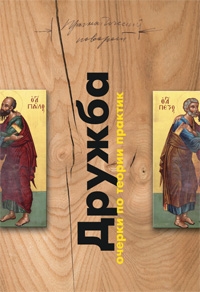This book, the third volume in a series named “The Pragmatic Turn” published by the European University in Saint Petersburg, is a fine specimen of original and inspiring research currently done in Russia. The book consists of two parts: a more general discussion of friendship in the history of political thought and in sociology, and a more concrete part offering detailed investigations in the field of linguistics, sociology, history of (religious) ideas, and international relations, written by various specialists, and all addressing the notion of friendship. The book is clearly motivated by an interest in the topic of friendship, and, more specifically, in the question, how the notion of friendship can be extended beyond the close and intimate kind of relationship that have dominated discussions, in the West at least, since Michel de Montaigne, and that were discussed by C.S. Lewis and others. Can “political friendship”, in the Aristotelian sense, but transposed to late- or post-modern conditions, form the basis of a “good society”? Can other forms of societal friendship, e.g. in the form of what Kharkhordin labels “friendly networks” (druzheskie seti (p. 15)) change their function from the counter-society that they were in the USSR to that of a viable alternative form of civil society in post-Soviet times?
Читать далее:
http://monderusse.revues.org/index7260.html




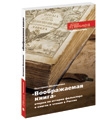


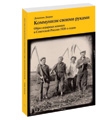
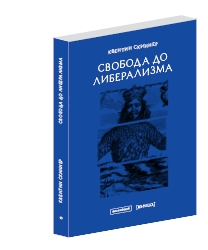

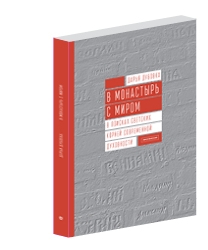
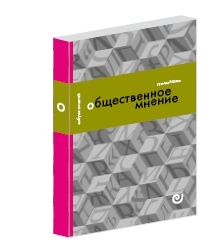
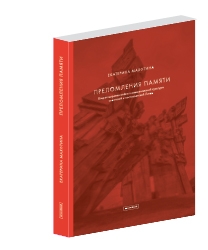
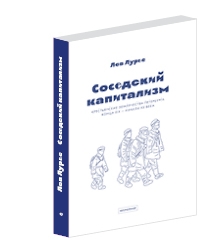
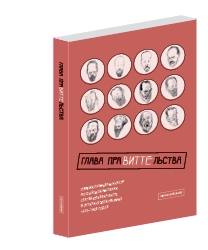
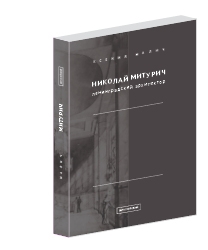

 Электронные книги
Электронные книги


